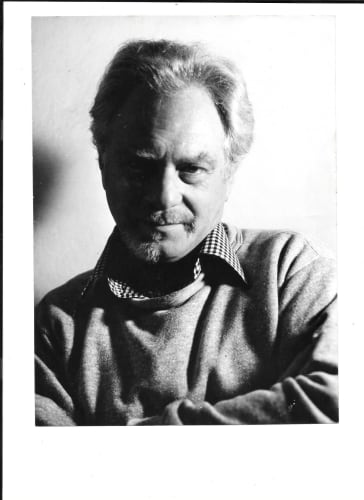Born in Poland, in 1922, at the age of 15 he felt irresistibly attracted to a book he saw through a bookstore window. Opening the book’s jute cover – where Le Corbusier’s initials, LC, were printed in small, golden letters – Zalzuspin was hopelessly taken with architecture.
He studied during the war and, when he graduated, in 1945, he felt so disillusioned with the devastation he saw in his hometown that he decided he would leave to look for other lands. After a spell in France, he came to Brazil, where he encountered the right conditions to develop his unique, poetical, sensual and modern brand of architecture.
In order to convince his clients to accept his bold ideas, he had first to build his own house. Designing furniture that would befit his architecture was but a natural consequence.
The accessible woods, the hunger for all that was new in the post-war period and the developmentalist model adopted in Brazil at the time provided the ideal conditions for his creations to be very well accepted by those with open minds.
At a later moment, his comfortable and timeless furniture of pure lines, perfect execution and noble materials would be industrialized. His brand, L’Atelier, could be found almost everywhere in Brazil, and his showrooms were a reference in modernity. In the 1960s and 1970s, his work could be seen in pretty much every public building in Brasília. At the factory, a first-world structure mobilized designers, architects, engineers, craftsmen and a wide range of professionals who worked together through all stages, from the research of materials to the final product.
At Zalszupin House was designed by Jorge in 1960, built in 1962, and his home since then until his death in 2020. Since 2021, it has opened the doors to the creation of a cultural space in order to foster culture with exhibitions, lectures, classes and research, such as the protection of the designer's collection and heritage.

